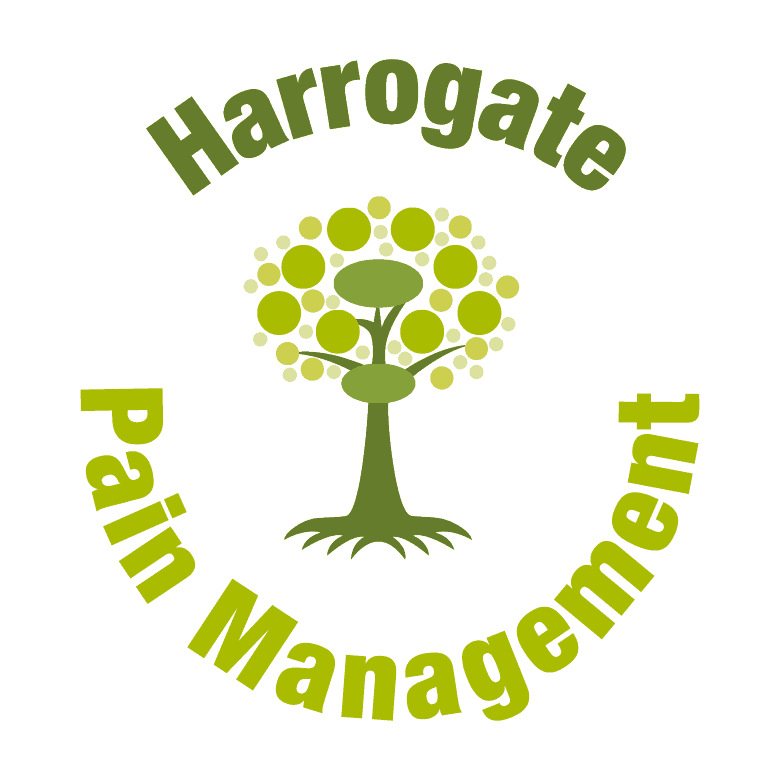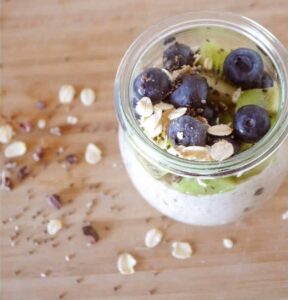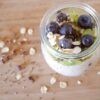As our chattering teeth and permafrozen toes can attest, winter is truly upon us. A season in which the long, dark nights and dull, short days conspire to zap our energy, lower our mood and make daily life feel like a Herculean effort.
Living with chronic pain already feels like you’re permanently on the back foot, so it’s no wonder many people struggle with the extra challenges that winter brings.
Working with a pain management coach on a chronic pain treatment plan can help you learn techniques to better manage your pain and general wellbeing. But in the meantime, let’s look at some ideas to boost your mood and energy this winter.
Why do we experience low mood and energy during winter?
During December and January, the UK only receives between six and eight hours of daylight each day. Lack of natural light can wreak havoc with our body’s circadian rhythms and take its toll on our energy and mood too.
Circadian rhythms are the body’s internal clocks that regulate, among other things, the sleep-wake cycle and production of hormones such as melatonin (the sleep-promoting hormone) and cortisol.
They’re heavily influenced by light (particularly morning light) and the dark. Light suppresses the production of melatonin and releases cortisol, which makes us awake and alert.
Darker mornings mean it takes longer for our bodies to wake up. This pushes our circadian rhythms back and leads to us feeling low energy during the day, restless at nighttime and unable to get up in the morning.
The good news? With winter solstice coming up on the 21st December, the days will slowly but surely stretch out again. Until that time? Follow our tips to help navigate the season.
Help your body wake up
Even early birds can find it hard to get going in the winter. After all, why would we want to leave the comfort of our warm beds when it’s still cold and dark outside?
To ease the transition, set the central heating on around 20 minutes before you’re due to get out of a bed. You could also consider a wake-up light alarm clock to help you wake more naturally.
Next, you need to stimulate the system to signal to your body that it’s time to wake up and be alert.
Take a glass of water to bed with you and have a large gulp of it as soon as you wake, followed by some gentle stretches or body brushing in the shower.
Breakfast should include complex carbs, protein and essential fats to help give you energy. Think porridge with banana and peanut butter, wholegrain bagel with avocado or spelt pancakes with Greek yogurt and blueberries.
Next, head outside for some natural light. Studies have shown that morning light is more beneficial to keep set circadian rhythms and put you on the right path for a good night’s sleep.
Immerse yourself in wintery pleasures
Gloomy, grey skies, freezing temperatures, driving rain and sleet – winter sure does come with a lot of downsides. But quite often we can forget that it brings plenty of beautiful things too.
Sparkling mornings; wintery vistas; comforting food; and hunkering down in our homes and are all wonderful seasonal treats that we might fail to truly appreciate.
Make a pact with yourself to celebrate all the good things about winter this year. It could be finding the perfect pair of snuggly pyjamas, listening to a favourite album in front of the fire, making a batch of soup or wrapping up for a crisp winter walk.
Indulging yourself in as many seasonal treats as you can is not only an instant mood booster, it could also help break some of the negative connotations you have about the season. So, in years to come, you may start to feel more positively about winter as it’s approaching.
Allow yourself to rest
In her book, Wintering, Katherine May asks that just as animals make adjustments for the winter (whether that’s hibernation, migration or by only leaving their nest or den for essential supplies), should we also do the same?
Unfortunately, modern life doesn’t allow for hibernation, but there is something to be said for a period of slowing down. To simply revel in the darkness and the cosiness and take the opportunity to do things you wouldn’t consider in the lighter months – losing yourself in hefty tomes, jigsaws or a movie session.
Wintertime can be more conducive to a better night’s sleep, thanks to lower temperatures reduced sunlight exposure. So, allow yourself to go to bed earlier if you feel sleepy. However, it’s better to go to bed early than it is lie in. Getting up at the same time every day helps establish a good sleep-wake cycle, making you feel more ready for sleep at night.
Keep moving
Just as we need to rest, we also need to take time to move. Daily movement is an essential part of chronic pain treatment. And although it can be harder to motivate ourselves when it’s cold and dark, it’s all the more important to do so.
If motivation is a factor, then don’t think of it as exercise. Why not put some songs on in the kitchen and have a dance around with a family member, vacuum the house, or do some stretches while watching a Christmas film.
Vitamin D is in scarce supply at this time of year, so do some exercise outside if you can. Whether that’s a lunchtime walk, a short bike ride or yoga in your garden.
Eat for energy
The primordial instinct to eat carbs, carbs and more carbs at this time of the year only sets us up for failure in the energy stakes. As does the constant supply of tempting treats that are always around at Christmas. Processed and sugary foods reward us with a quick energy high only to follow it with a crashing slump.
When it comes to carbs, avoid refined and processed carbs like white bread, pasta, cakes and biscuits. Instead go for complex carbohydrates such as wholegrain bread, brown rice and oatmeal which offer a steady supply of energy without the crash. They should also help you feel full for longer.
Limit your consumption of processed food and instead choose foods as close to their natural form as possible. Fresh foods that pack a strong energy punch include bananas, apples, oranges, nuts, seeds and leafy green veg.
Don’t forget to include vitamin D-rich foods such as oily fish, red meat, eggs and fortified foods.
If you’re looking for chronic pain treatment beyond medication, Fiona Beard from Harrogate Pain Management offers tailored plans. During your one-to-one sessions, you’ll develop strategies and techniques to help you control your pain and rejoin your life.
She works with people with fibromyalgia, arthritis and back pain in Leeds, Harrogate and the surrounding areas. She also offers online appointments. Why not get in touch to arrange a free 20-minute consultation with Fiona by calling 07538 639 326 or emailing info@harrogatepainmanagement.co.uk.











Leave a reply